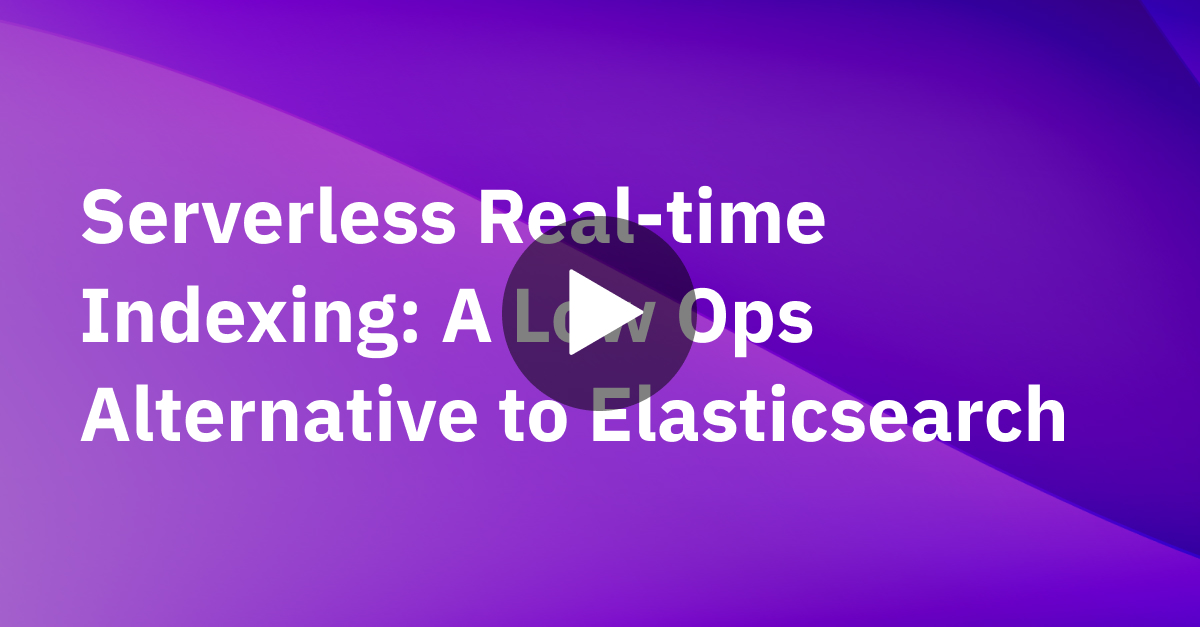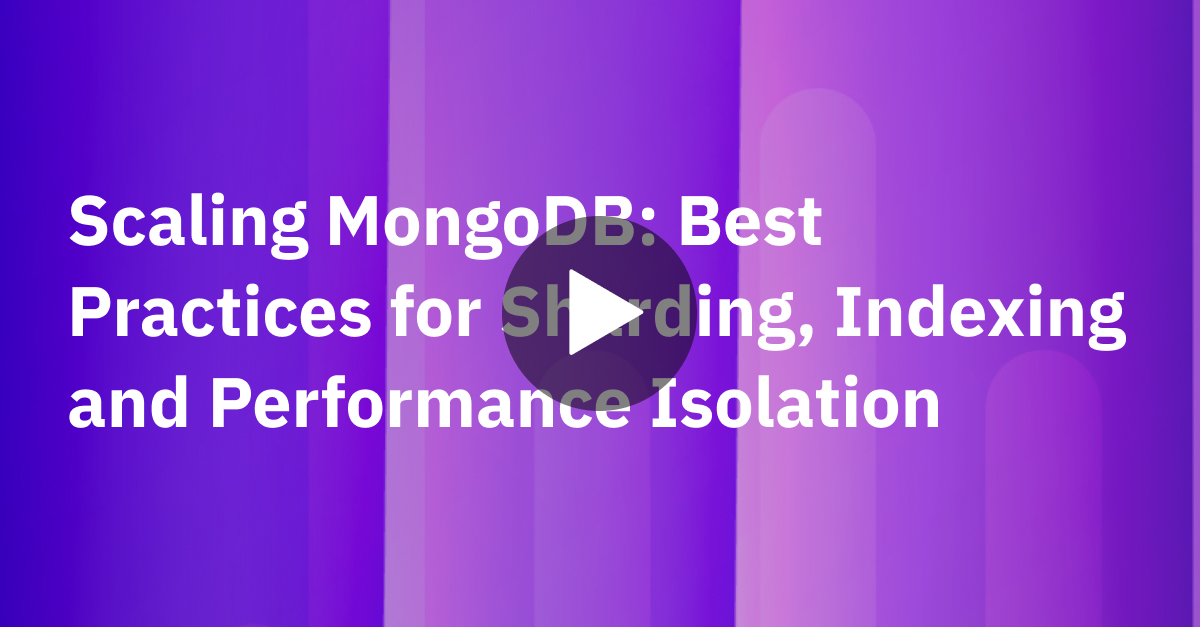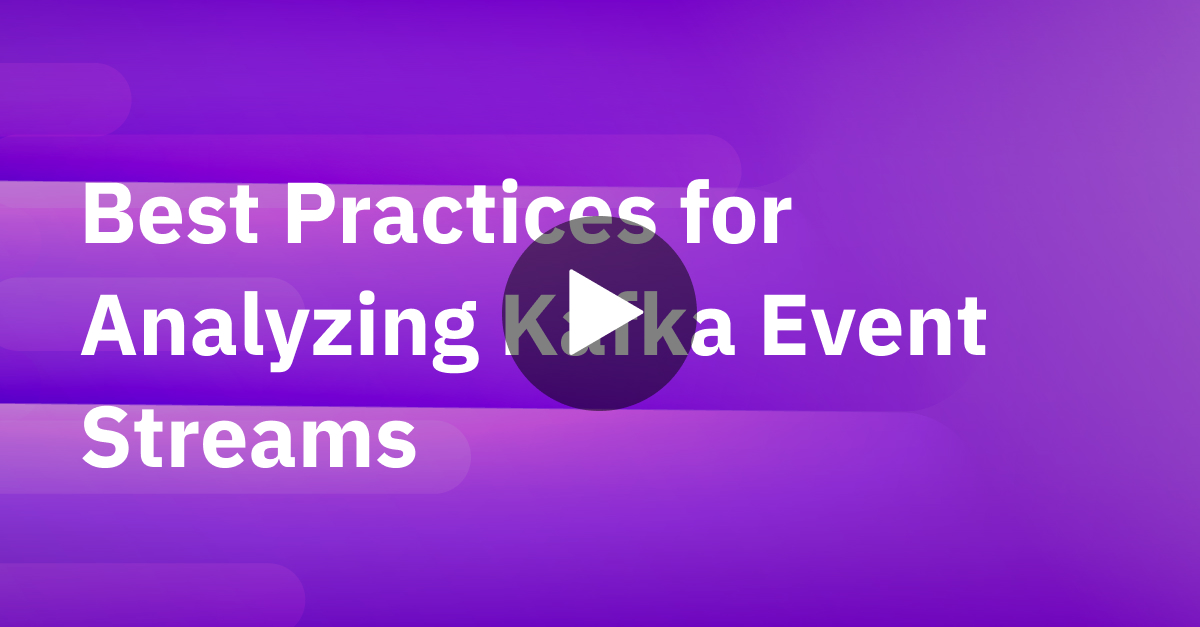Think You Know SQL? 3 Common Misconceptions About SQL Databases, Speed and Scale
Speakers

Show Notes
SQL has been around for a while. Since 1974, to be exact. SQL databases have long dominated the data landscape but faced a stiff challenge from NoSQL alternatives in the 2010s. Back then, the knock on SQL databases was that they would not be able to cope with the speed, scale and (lack of) structure associated with the ever-growing streams of data that needed to be processed.
Fast forward to 2021, and many concepts motivated by the NoSQL movement—scale-out architecture, use of commodity hardware, flexible schema—are indeed standards for large-scale data management today. However, SQL is still alive and well. Many data practitioners prefer working in SQL, which enjoys widespread familiarity and a well-developed ecosystem, so is there a way for SQL databases to meet the need for speed, scale and flexibility?
In this talk, we’ll bust 3 myths about SQL databases:
- SQL databases cannot support large streaming write rates
- SQL databases cannot handle the changing schemas of streaming data
- SQL databases cannot scale writes without impacting queries
We’ll discuss how modern SQL databases can be well-suited to handling real-time data streams, combining the benefits of NoSQL with the ease of SQL. Learn how you can build modern data applications on large-scale streaming data using a SQL database.



